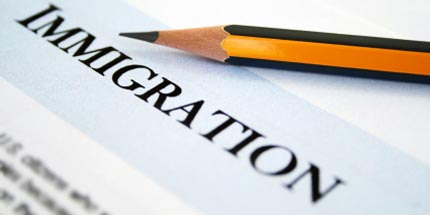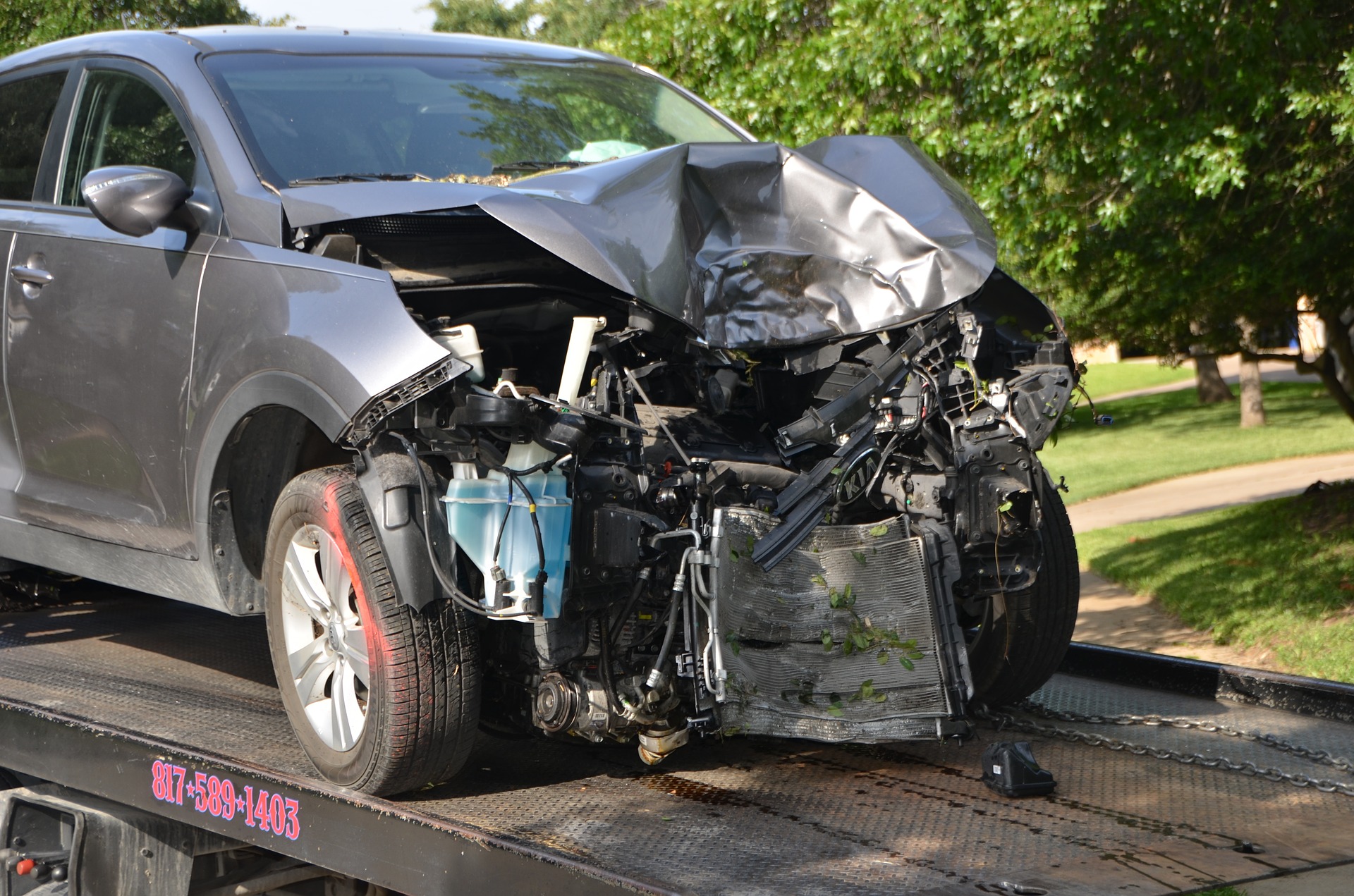Although we are aware of the risks, driving is just a routine activity many of us do automatically, like brushing our teeth or grabbing a cup of coffee. We climb in the car intent on the destination or lost in thought, which is why automobile accidents are so jarring. Even a mild fender bender seems to stop everything in its tracks, instantly negating the importance of everything we were thinking or saying. Whether the situation results in serious injuries or none at all, it demands immediate attention. Passersby jockey to catch a glimpse of something interesting; police officers fill out reports; tow trucks haul away damaged cars. Sometimes, there aren’t even minor injuries, but, obviously, not everyone is so lucky.
Trusting ourselves is one thing. Trusting someone else is entirely different. Every time someone gets into a passenger seat or the back seat, they’re trusting that the driver will get to the destination safely. Some passengers are happy not to have the responsibility of driving; others have a hard time giving up control. Regardless of your feelings, where does that leave you if you’re injured in a vehicle accident? The accident certainly wasn’t your fault, so what exactly are your rights as a passenger?
Recovering for injuries suffered as a passenger in a car, truck, or motorcycle accident is really a claim against an insurance company rather than against the driver himself. Passengers can file a claim under the bodily injury or liability insurance coverage of the driver or owner of any vehicle responsible for causing the accident. If that is insufficient, there may be coverage available under uninsured motorist or underinsured motorist policies. Injured passengers are also allowed to file a claim under their own Personal Injury Protection (PIP) and/or Medical Payments (Med Pay) policies. With all these funding possibilities, passengers should be able to secure compensation for their damages, though in no instance are they allowed to collect any more than the total value of their claim.
Many passengers are initially reluctant to seek compensation for damages because the driver is a close friend. It’s important to note that in most situations, the driver will not even know of the claim because it will be settled by lawyers and insurance companies before it gets to trial. The strain on any personal relationships should be minimal unless the insurance company does not act in good faith to resolve the claim and it must be litigated instead. Even at that time and although the driver will be named in the lawsuit, the true conflict is between the driver’s insurance company and the passenger. There are special rules that apply when the passenger is related to the driver and shares the same household. In most of these cases, the passenger is barred from collecting under the driver’s liability policy because he or she is an “insured person” and such persons are not permitted to file a liability claim against their own liability policy. A claim can still be brought against other drivers who are at fault for the accident.
Read also: TIPS TO KEEP YOUR KIDS SAFE IN A CAR
The seat next to the driver has a reputation for being the most dangerous one in the car, even having been referred to as “the death seat.” Of course, it is more common to have one passenger than several, so the front seat is occupied more frequently than the rear seats. There is also some truth to the idea that in a crash a front seat passenger has nothing to stop him or her from being ejected through the window, whereas the driver has the steering wheel. Or, at least, that used to be the prevailing line of thought. The last few decades have brought about major advances in safety that have reduced the probability of being seriously injured while riding in the front seat. Seat belts, airbags, and crumple zones equally benefit drivers and front-seat riders.
According to a study by the Insurance Institute for Highway Safety (IIHS) and the Children’s Hospital of Philadelphia, adults over age 55 were more likely to die in a crash while seated in the back than in the front – even if they were wearing seat belts. The study found that adults in the rear were more likely than adults in the front to sustain chest injuries, and there was some evidence of an elevated risk of head and neck injuries for restrained women seated in the rear compared with the front.
The IIHS also recently performed front-overlap crash tests of seven small SUVs and found that certain models may have a big gap in safety between drivers and their passengers. The seven models received good ratings after the front driver’s side corner of the vehicle hit a barrier at 40 miles per hour, but only one model – the 2016 Hyundai Tucson — rated as good when the same test was performed on the front passenger side. While three models received acceptable ratings and two models received marginal ratings, the 2015 Toyota RAV4 was rated as poor. The IIHS suspected that the difference was partly due to a greater emphasis on the vehicle frame and structure for the driver’s side, but there is no excuse for inferior passenger protection.
Read also: How To Shop For A Car With Your Teen Driver?
If you were a passenger in a vehicle involved in a collision and were seriously injured as a result, or if you lost someone you love in such an accident, you should contact an experienced personal injury lawyer who can examine the circumstances of your case and advise you of your rights. Personal injury attorneys work on a contingency fee basis, which means you don’t pay them unless there is a settlement or verdict in your favor.
Passengers with serious injuries are entitled to appropriate and thorough medical care for their physical, emotional, and psychological injuries suffered as a result of the accident, as well as full compensation for their pain and suffering, mental anguish, property damage, and lost wages. It is also critical that you at least consult with an attorney before speaking with an insurance company investigator or adjuster. Their job is to spend as little money as possible while quickly settling a large number of claims, and they are well-trained in the fine art of getting you to make statements that can come back to haunt you later. Since you are bound by what you say, it is often wise to let an attorney speak for you.






















